Faculty & Staff

Email: rpr@wpi.edu
Phone: +1 (508) 8315000 x6120
A member of the WPI faculty since 2004 and chair of the Department of Biology and Biotechnology since 2022, Reeta Rao is a leader in the field of molecular genetics and genomics. Her primary research activities are focused on emerging infectious diseases, specifically understanding and managing fungal diseases. Students and research associates in her laboratory are trained to use a variety of biochemical, molecular-genetic, and genomic tools to study host-microbe interactions to explore fungal virulence strategies and identify novel therapeutics in a high throughput fashion. ...
view profileOur Faculty
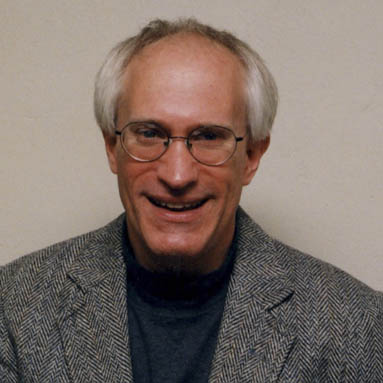
Email: dadams@wpi.edu
Phone: +1 (508) 8315000 x5432
This is a great place to do biology! WPI lies within a driving commute of 260 different biotech companies, and is located within one of the world’s two main meccas for biotechnology.My lab’s main interest is the use of neurotrophic factors (NTFs) as potential treatments for stroke and Alzheimer’s disease. NTFs are proteins produced during development when the nervous system is initially forming, that act to help nerve cells survive and divide. Once the nervous system is formed, their synthesis typically diminishes. Our approach is to use genetic engineering and chemical synthesis to ...
view profile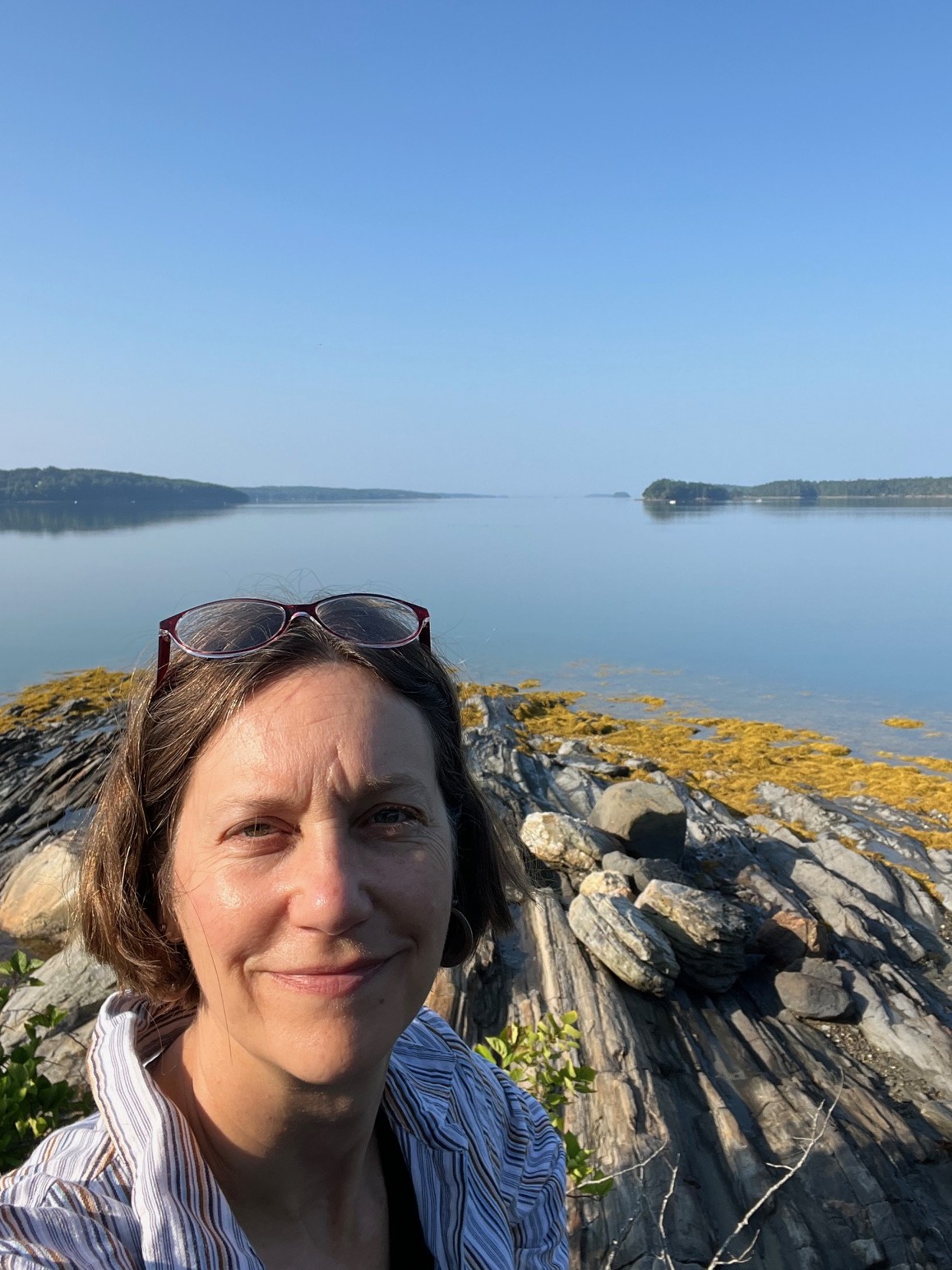
Email: mbakermans@wpi.edu
Phone: +1 (508) 8315000 x4910
I possess a strong commitment to student education, and a goal of mine is to stimulate students’ critical thinking and problem-solving abilities. Recently, Corey Dehner and I have started an Environmental Leadership Initiative for WPI students interested in developing environmental leadership skills. This Initiative is a multi-term journey that combines coursework, mentorship, and hands-on engagement. The program helps students from STEM fields and beyond explore what it means to lead, in nature, in communities, and in their careers.Also, students and I have been on a journey to open classroom ...
view profile
Email: fbrownewell@wpi.edu
Phone: +1 (508) 8315000 x6321
I have enjoyed a blended career spanning research and development, heavy chemicals manufacturing, healthcare single use manufacturing, and academia. This experience has provided a unique interface between the theoretical and the practical. I understand the need for innovation and invention coupled with manufacturability. I bring this perspective to the classroom and the projects I engage.I work closely with the Biomanufacturing Education and Training Center (BETC) with a strong focus on workforce development. I oversee programs and curricula aimed at individuals spanning entry-level ...
view profile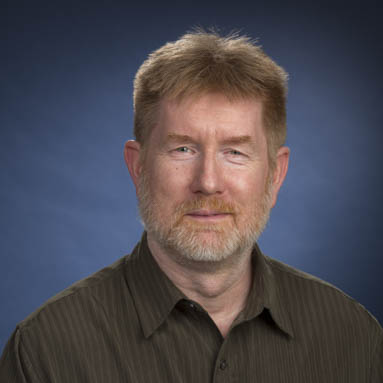
Email: jbourgeois@wpi.edu
Phone: +1 (508) 8315000 x5160
The Bourgeois Lab strives to understand how pathogens and their hosts interact. Specifically, we leverage natural diversity (pathogen and host diversity) to understand how and why we observe variation in infection-related phenomena (e.g. inflammation, transmission, disease severity). Our work primarily involves studying the atypical Gram negative spirochete that causes Lyme disease--Borrelia burgdorferi. A B. burgdorferi infection is acquired through an infected Ixodes tick bite and can manifest in a wide range of symptoms, including erythema migrans, arthritis, carditis, or neurological ...
view profile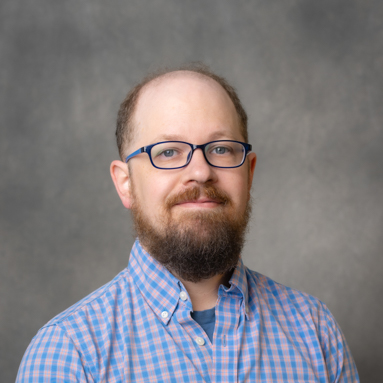
Email: ccollins@wpi.edu
Phone: +1 (508) 8315000 x5974
Chris’ teaching focus is biodiversity, ecology, anatomy and physiology. He is excited to teach at WPI, because he believes project-based learning is the most effective and most fun way, to learn. He also believes students learn best by doing, and his goal is to guide students through an exploration of each subject he teaches. One of his interests is service learning, which allows students to learn by engaging in projects that serve their community. Past projects have included river and stream water quality analysis, and biodiversity surveys of local parks and natural areas. In his anatomy and ...
view profile
Email: jduffy@wpi.edu
Phone: +1 (508) 8315000 x5579
Defining signaling pathways that program cellular diversity is one of the foremost problems in biology and is central to my research interests. In the lab we use molecular, genetic, and biochemical approaches to characterize the function of these pathways and to gain insight into their role in disease. To date, the lab has focused on the Epidermal Growth Factor Receptor network, a principal therapeutic target for a variety of human cancers. This work involved the characterization of Kekkon1 (Kek1), an archetypal LIG molecule, as a novel feedback inhibitor of the EGFR network. ...
view profile
Email: nfarny@wpi.edu
Phone: +1 (508) 8315000 x6511
My lab works broadly in the emerging field of synthetic biology. Synthetic biology seeks to apply engineering design principles to the understanding and creation of biological systems. I use synthetic biology to design biosensors and bioremediation strategies for various environmental contaminants that impact human health, including lead, arsenic, and other toxic substances. We apply the tools of synthetic biology to address global challenges related to water, soil, and human health. Our water and soil applications focus around understanding how we can use genetically engineered microbes ...
view profile
Email: jaking@wpi.edu
Phone: +1 (508) 8315000 x4677
Dr. Jean King is the Philip R. and Paul S. Morgan Endowed Professor of Biology & Biotechnology, an active neuroscientist who previously served in the administrative role as the Peterson Family Dean of Arts & Sciences at Worcester Polytechnic Institute. Prior to this role, Dr. King served as the Vice Provost of Biomedical Research and Professor of Psychiatry, Radiology, and Neurology (with tenure) at UMass Chan Medical School, where she had been a faculty member since 1994. Together with other administrative leaders at WPI, Dean King launched new undergraduate and graduate programs in ...
view profile
Email: almanning@wpi.edu
Phone: +1 (508) 8315000 x4961
Work in my lab is focused on defining the cellular mechanisms that maintain genome stability in normal cells and understanding how these pathways are corrupted in cancer cells. Genomic instability is a feature common in cancer that leads to aneuploidy and intra-tumor heterogeneity. Whole chromosome instability (CIN) results from underlying defects in mitotic chromosome segregation and leads to gains and losses of entire whole chromosomes. The ability of CIN cancer cells to ‘shuffle’ their genomic content can lead to gains of oncogenes, loss of tumor suppressors, and promotes tumor cell ...
view profile
Email: lmathews@wpi.edu
Phone: +1 (508) 8315000 x5938
Research in my laboratory addresses questions in the field of evolutionary ecology and environmental biology, and typically combines field work and laboratory studies. Current projects focus on two disciplines. One of the major goals of my laboratory is to understand the geographic and evolutionary processes that affect and generate biological diversity, particularly in aquatic habitats. In North America, freshwater faunas are particularly vulnerable to ecological changes because of heavy manipulation of habitats by human activity. In addition, North America harbors a substantial majority ...
view profile
Email: smcinally@wpi.edu
Phone: +1 (508) 8315000 x6291
Shane McInally is an assistant professor in the Department of Biology and Biotechnology. His research focuses on understanding the molecular and physical mechanisms that cells use to control and scale the size of their internal structures with distinct aspects of their geometry. He received a BS from the University of California, Riverside, an MPH from the University of California, Berkeley, and a PhD from the University of California, Davis. Most recently he was a postdoctoral fellow in the Biology and Physics Departments at Brandeis University.
view profile
Email: inechipurenko@wpi.edu
Phone: +1 (508) 8315000 x6314
Research in my lab is focused on investigating signaling mechanisms of neuronal development and genetic basis of rare neurodevelopmental disorders. Specifically, we are interested in studying how specialized cellular compartments called primary cilia modulate development and function of neuronal cell types. Primary cilia are found on the surface of most human cells including neurons, where they function akin to cellular antennae detecting and transmitting a myriad of signaling cues. Due to their central role in cell signaling, primary cilia are critical for normal progression of the ...
view profile
Email: bnephew@wpi.edu
I work with Dr. Jean King, where our research is broadly focused on identifying and studying neurobehavioral mechanisms of mental and physical illness and developing and applying effective interventions. Our current focus is a 9 million dollar NIH UG3/UH3 award to use machine learning to identify predictors of responders to mindfulness meditation based interventions for chronic low back pain using comprehensive biopsychosocial data, including Fitbit data. This research initiative includes collaborators at Boston Medical Center and UMass Chan Medical School in addition to several WPI faculty. ...
view profile
Email: koates@wpi.edu
Phone: +1 (508) 8315000 x6975
Before joining WPI as the Peterson Family Dean of Arts and Sciences, I was the deputy director for undergraduate education at the National Science Foundation. I was also the founding provost at Harrisburg University of Science and Technology, associate dean and director at George Mason University, and the co-P.I. on a large, national dissemination grant entitled Science Education for New Civic Engagements and Responsibilities (SENCER). I received my BS in biology from Rochester Institute of Technology and my PhD in biochemistry from George Washington University. Nationally, I conduct ...
view profile
Email: laroberts@wpi.edu
Phone: +1 (508) 8315000 x4192
I have developed my teaching interests and philosophy throughout my scientific career, and could not be more excited to (re)join the Department of Biology and Biotechnology at WPI, from which I earned my undergraduate degree! I truly believe the objectives of the laboratory courses I teach must reflect the necessity of (1) training life sciences majors using the wide array of current procedures used in academic and industrial settings; (2) modeling the ability to troubleshoot procedures and strategies due to unexpected results or unforeseen circumstances; (3) preparing students to be ...
view profile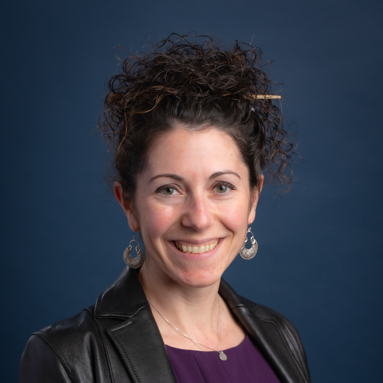
Email: sshell@wpi.edu
Phone: +1 (508) 8315000 x5917
I have a passion for understanding how living systems work, as well as for sharing my love of biology and research with the next generation of scientists and informed citizens.The central goal of my lab is to understand the regulatory mechanisms that underlie mycobacterial stress tolerance. We combine genetics, genomics, transcriptomics and biochemistry to understand how mycobacteria respond to, and ultimately survive, stressful conditions.Our guiding principles are curiosity, respect, and scientific rigor. Together we strive to push the boundaries of knowledge and advance our field by ...
view profile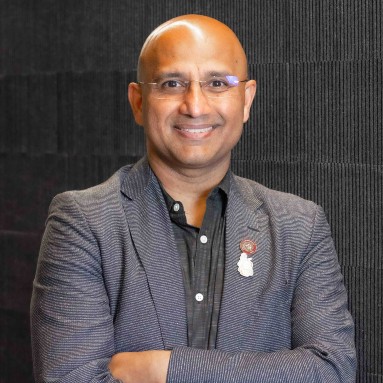
Email: jsrinivasan@wpi.edu
Phone: +1 (508) 8315000 x6564
It has been my lifelong dream to become a professor in the field of Biology. Being a faculty member provides a great opportunity to teach and interact with students. Students by nature are highly inquisitive and motivated, and as teachers, we have the responsibility to guide our students to explore and think in new ways. I believe that teaching is a two-way interaction between teachers and students. I come from India and my parents, both of whom were teachers, taught me to strive for excellence in my scholarly pursuits. Science bears no geographical barriers and my academic training has taken ...
view profile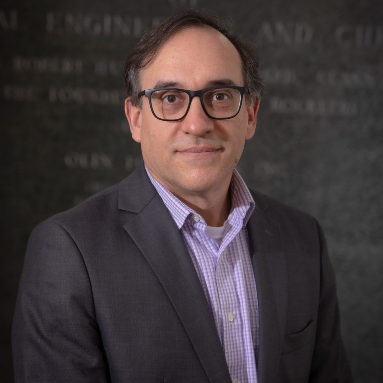
Email: lvidali@wpi.edu
Phone: +1 (508) 8315000 x4194
I deeply enjoy teaching, in particular conveying the important roles played by plants. It is a great reward when my students realize that plants are more complex and interesting than they anticipated, and they want to learn more. I enjoy that students at WPI are open about thinking in new ways; this critical thinking is the result of intense project-based learning. My research aims at understanding the molecular and cellular mechanisms underlying plant cell organization and growth, with the long-term goal of increasing plant productivity. I am particularly interested in understanding the ...
view profile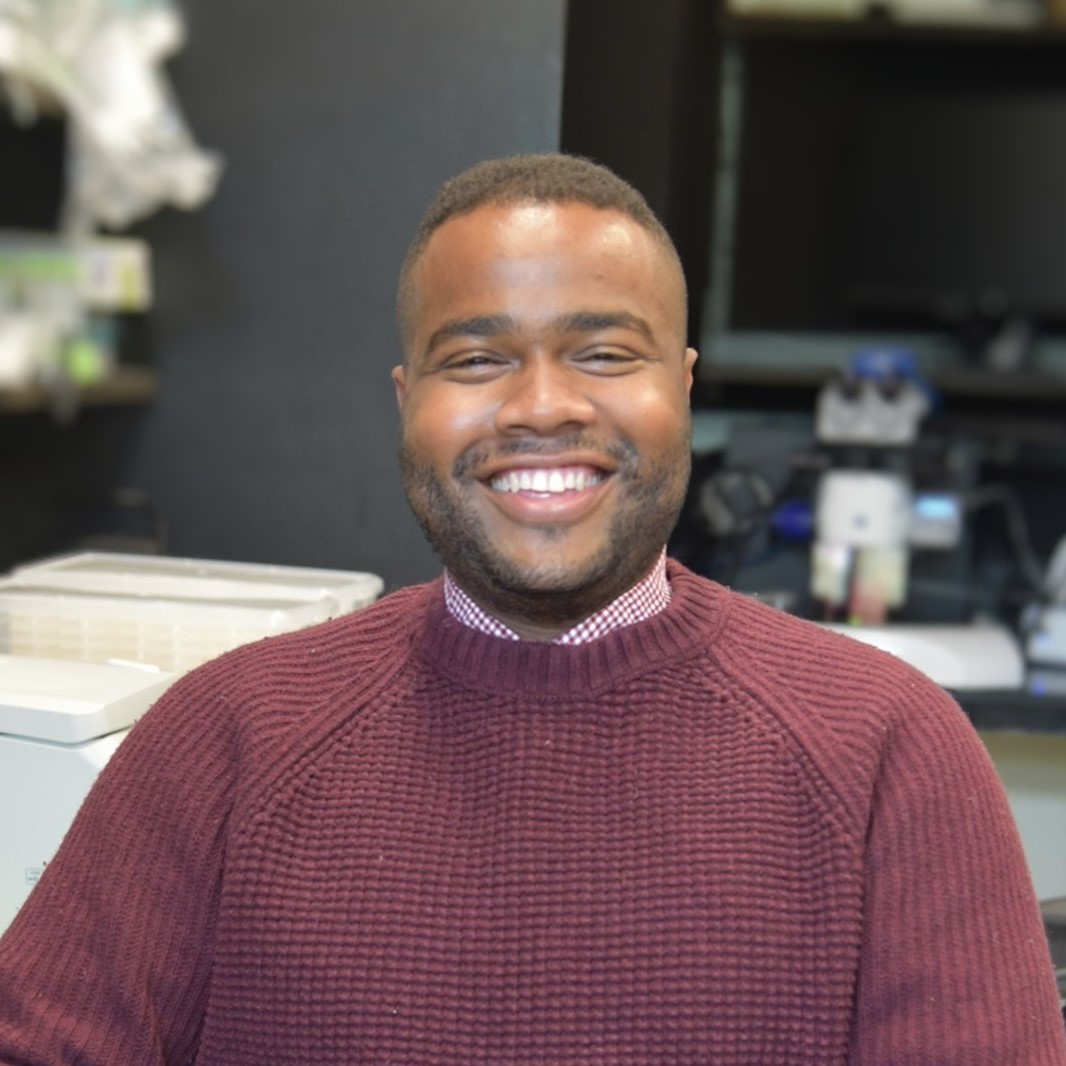
Email: kvieux@wpi.edu
Phone: +1 (508) 8315000 x6512
My research interests lie at the intersection of RNA biology and reproductive biology, focusing on the contributions of RNA to oocyte quality and embryonic viability. Transcriptomic changes are associated with compromised oocyte quality. In turn, oocyte quality is intrinsically linked to fertility outcomes. Yet, little is known of the mechanisms by which these transcriptomic changes arise and how they contribute to cellular and metabolic health of oocytes. Transcriptomic changes are particularly important when transcription is undetectable during the oocyte-to-embryo transition. RNA ...
view profileEmail: weathers@wpi.edu
Phone: +1 (508) 8315000 x5196
Prof. Weathers is an internationally recognized expert on Artemisia annua and artemisinin, having worked with the plant and its phytochemicals including the antimalarial drug, artemisinin, for >25 years. She is a Fellow of AAAS and SIVB, won many awards, given many national and international presentations, reviews manuscripts for many journals and proposals for many national and international funding agencies. She is an Associate Editor for multiple journals. Her lab was the first to genetically transform A. annua. Of her > 130 peer-reviewed papers, about a third focus on bioreactors and ...
view profileOur Staff

Email: mbocka@wpi.edu
Phone: +1 (508) 8315000 x5373
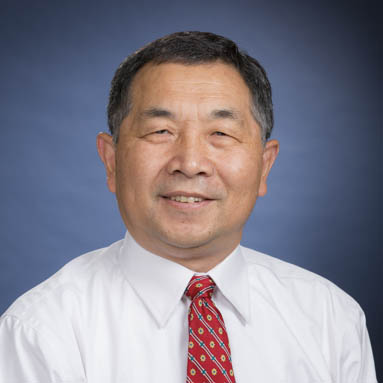

Email: blisk@wpi.edu
Phone: +1 (508) 8315000 x6006

Email: mfallon1@wpi.edu
Phone: +1 (508) 8315000 x5415